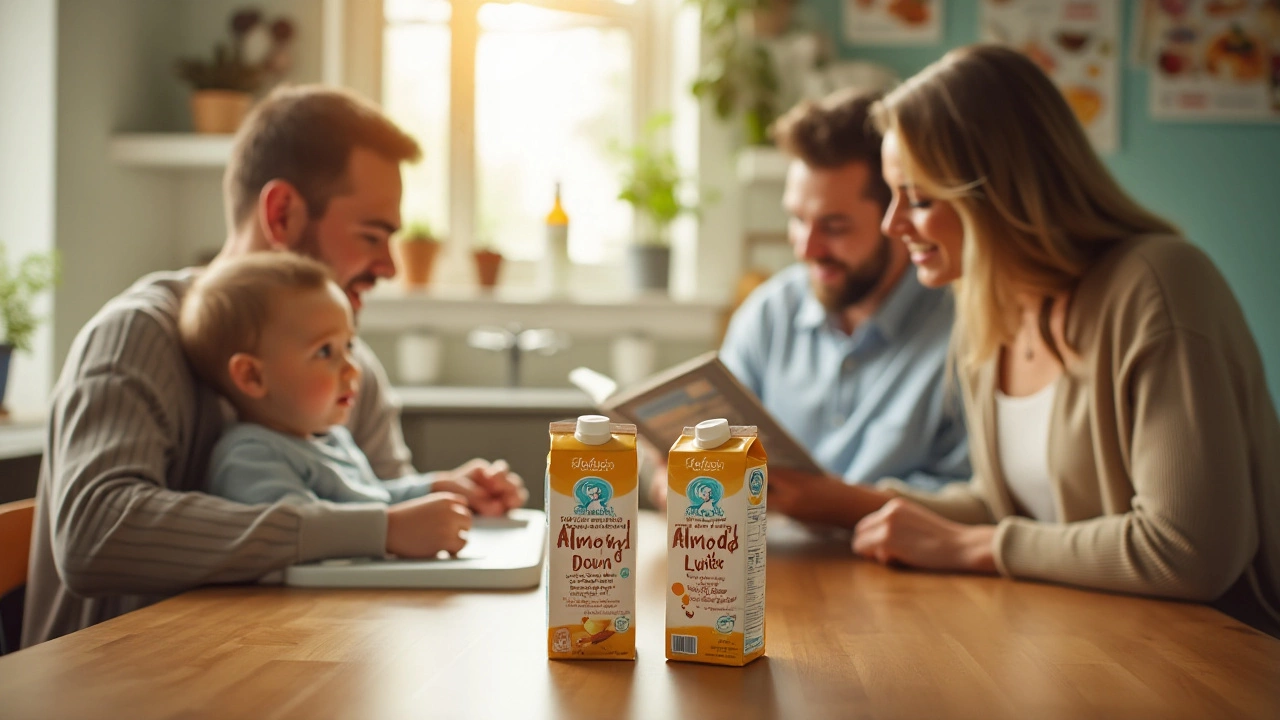Baby Diet: Easy Tips for New UK Parents
Feeding a baby can feel like a maze, especially when you’re juggling work, bills and sleepless nights. The good news? You don’t need complicated diets or fancy gadgets to give your little one the nutrition they need. Below you’ll find straight‑forward advice that fits any budget and works in the UK.
Starting Solids the Right Way
Most babies are ready for solid foods between four and six months. Look for signs like sitting up with support, showing interest in your plate and losing the tongue‑thrust reflex. Begin with single‑ingredient purees – carrots, sweet potato, or ripe banana – and wait three days before trying a new food. This helps spot any allergic reactions early.
When you introduce a new veggie, start with a teaspoon and let your baby explore at their own pace. Some kids love a smooth puree, others enjoy a few soft lumps. Offer the same food a few times over a week; acceptance can take several attempts.
Iron is crucial after six months, so add iron‑rich foods like beef mince, lentils or fortified cereals. Pair them with vitamin C‑rich fruit (like apple or orange) to boost absorption. Keep meals around 2‑3 oz per serving and increase gradually as your baby’s appetite grows.
Budget‑Friendly Baby Food Hacks
Store‑bought jars are convenient but can run you up a bill. Making your own purees costs less and lets you control ingredients. Freeze batches in ice‑cube trays – each cube is a single serving you can pop into the freezer and thaw as needed.
Buy fresh produce when it’s on sale and use the frozen section for staples like peas and broccoli. Frozen veggies retain most nutrients and are ready in minutes. For protein, consider canned beans (rinsed well) or a small amount of cheap minced meat cooked in a saucepan with a splash of water.
Don’t overlook leftovers from family meals. A spoonful of well‑cooked carrot mash or shredded chicken can be a perfect baby snack. Just avoid added salt, sugar or strong spices.
Hydration matters too. Once solids start, offer a few sips of water in a baby cup each day. This helps your child get used to drinking from a cup and supports kidney health.
Remember, every baby is different. Some will gobble up new foods, others will stick to milk longer. Trust your instincts, watch for hunger cues, and keep mealtimes relaxed. If you ever feel unsure, a quick call to your GP or health visitor can clear up any concerns about growth or nutrition.
With these simple steps, you’ll feel more confident navigating the baby diet journey without breaking the bank. Happy feeding!

Can Babies Safely Drink Almond Milk? Understanding the Options
Parents often ponder if almond milk can be a suitable alternative for infants, especially when seeking plant-based options. Understanding the nutritional needs of babies and how almond milk compares to traditional formulas is essential. This article explores the safety, benefits, and concerns surrounding almond milk for infants. It aims to give parents the knowledge they need about when and if almond milk should be introduced. Navigating baby nutrition requires careful consideration of various dietary options, including almond milk.
view more




